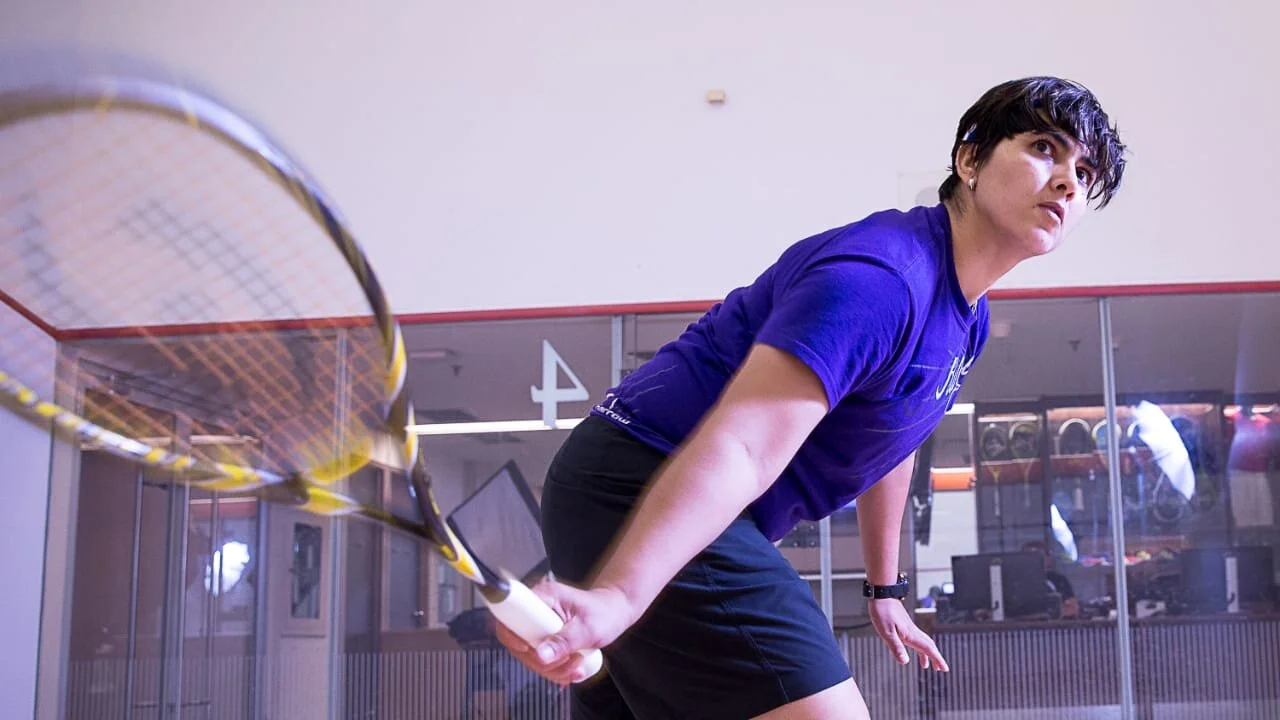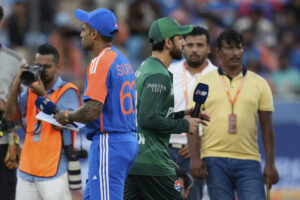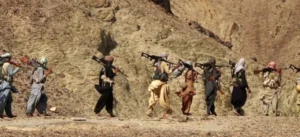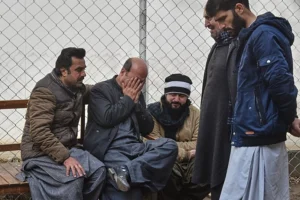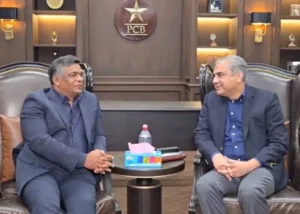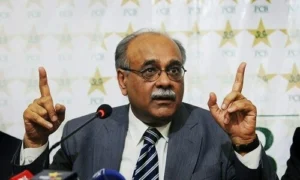Maria Toorpakai Wazir’s story begins like a storm against silence, a stubborn refusal to vanish into the shadows. Born in 1990 in South Waziristan, one of Pakistan’s most conservative and conflict-ridden regions, she grew up in a society where girls were expected to remain invisible. But even as a child, Maria understood she would not fit into those walls.
At the age of four, she cut her hair, burned her dresses, and renamed herself “Genghis Khan.” That disguise was not mischief but survival. It allowed her to slip into spaces forbidden to girls, first weightlifting, then squash, where speed, power, and geometry could be forged into something larger than life. In the documentary Girl Unbound, quoted by KPBS, she states: “I took all my clothes outside, my frocks, my girly dresses, I took them all outside and burned them.”
A Father’s Defiance and Early Triumphs
Her father, Shamsul Qayyum, was the other pillar of this defiance. A progressive Pashtun poet and educator, he saw potential in his daughter when others saw transgression. He enrolled her in sports, shielded her from tribal elders, and defended her right to play. Maria has often said, “My father is really progressive. He raised my brothers and us equally as sons and daughters come from the same womb. He educated my mum, supported my sister to become the prominent Pakistani politician she is today, and helped me to become a professional squash player.”
On court, Maria was not a girl in hiding; she was an artist. The squash court became her canvas, her racket the brush, each rally a stroke of defiance. Turning professional in 2006, she quickly rose through the ranks. At the 2009 World Junior Championships in Chennai, she captured a bronze medal, becoming one of Pakistan’s rare women medalists in racket sports. She followed with victories on the international circuit, including the Liberty Bell Open and the Nash Cup, and she claimed double silver at the South Asian Games.
In December 2012, she reached a world ranking of No. 41, the highest ranking achieved by any Pakistani woman in squash. Recognition at home included the Mohtarma Fatima Jinnah Medal, though such honors were rare and often fragile. “I want girls to believe in themselves, to know they are not weak. I want them to fight for their dreams, no matter how hard it gets,” she said.
Confronting Extremism
But with visibility came danger. The Taliban, gaining control of her home region, issued death threats against her and her family. She described those years bluntly: “Every day there was a bomb blast. I was alive, but my soul felt caged.” Confined indoors, she practiced alone, hitting the ball against her bedroom wall, every echo a reminder of the world outside that wanted her silenced. Yet her spirit refused to break. “I will not surrender to fear,” she told interviewers, capturing the essence of her defiance. In her documentary, she said:
“Our culture is very rigid and very strict. It is very male-dominated. Women don’t have a right to education, and they don’t have a right to play sports.”
Her escape came when former world champion Jonathon Power invited her to Canada. There, she found safety, coaching, and the chance to rebuild her career.
From Athlete to Advocate
In Toronto, she thrived again, not only as an athlete but as an advocate. She published her memoir A Different Kind of Daughter, established the Maria Toorpakai Foundation to support girls’ access to sport and education, and was appointed to the IOC Women in Sport Commission. Speaking at the Oslo Freedom Forum, she declared: “We are suffering from this cancer known as violence and extremism, but I believe sport can heal broken societies.” And with disarming honesty, she added: “I come from the same blood as the Taliban. If I can change, if I can choose peace, then anyone can.”
Maria Toorpakai is both a paradox and a promise for Pakistan: a source of pride who exposes uncomfortable truths. She forces her nation to ask what it costs when talent must flee to flourish, how many champions are lost because families fear for their daughters’ safety, and how much potential dies in a system that privileges men’s sport while treating women’s as an afterthought.
Her legacy is already etched in medals, memoirs, and global platforms, but perhaps its deepest mark lies in the scaffolding she builds for others. She dreams of a Pakistan where girls can step onto a court without disguise, without fear, without needing to rename themselves to be seen. As she often reminds audiences, “Courage is contagious.” Her life proves that even in the darkest landscapes, one determined voice can light the way.
Also Read: Zunaira Qayyum: When Balochistan Spoke Through a Young Girl’s Voice

